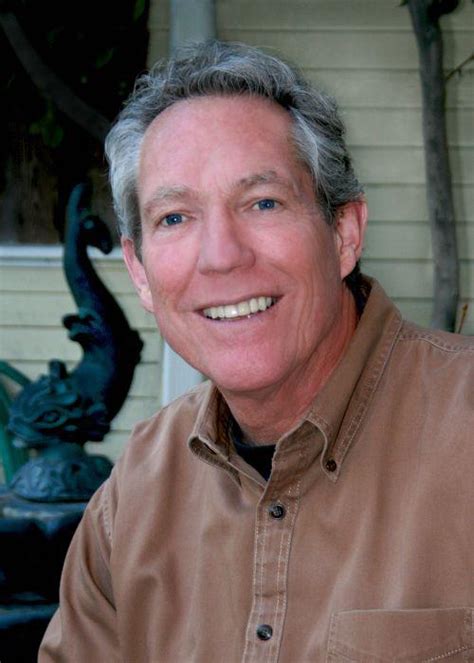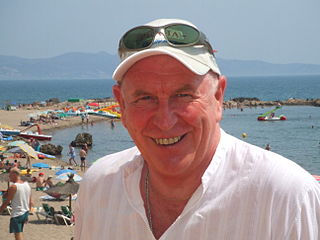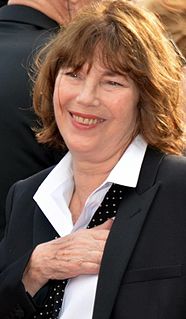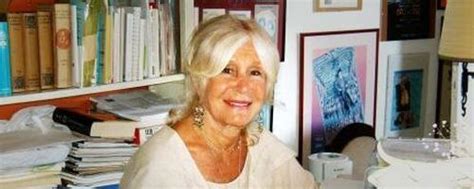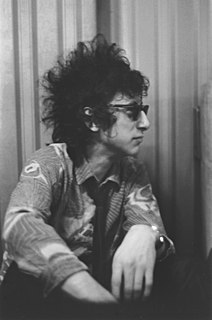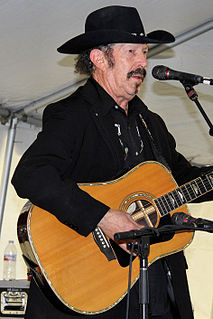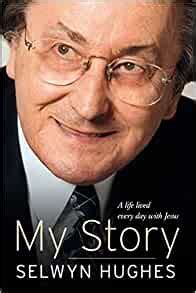A Quote by Louis L'Amour
I really learned how to write from Robert Louis Stevenson, Anthony Trollope, and de Maupassant.
Related Quotes
The best argument for teaching poetry is to put a three-year-old or a four-year-old and read Dr. Seuss, or Robert Louis Stevenson, and to feel how the child and you are engaging in something that's really basic to the animal, which is passing on in these rhythmic ways, something that came from somewhere.
Robert Louis Stevenson, one evening, stood transfixed at his nursery window watching the lamplighter in the street. When his nanny asked the boy what he was doing he replied: 'I'm watching the man knocking holes in the darkness.' We live in a universe made dark by sin. Let's knock holes in the darkness.
The songs are not meant to be real life. They're meant to have a psychic - rather than a factual - bearing on the listener. It's rare that a song grounded in reality moves me because I don't feel like I'm getting the whole story. Songs are made to exist in and of themselves, like a great James Jones or Robert Louis Stevenson novel - they're not autobiographical, and yet there's a reality in every single page. It's real life of the imagination.

